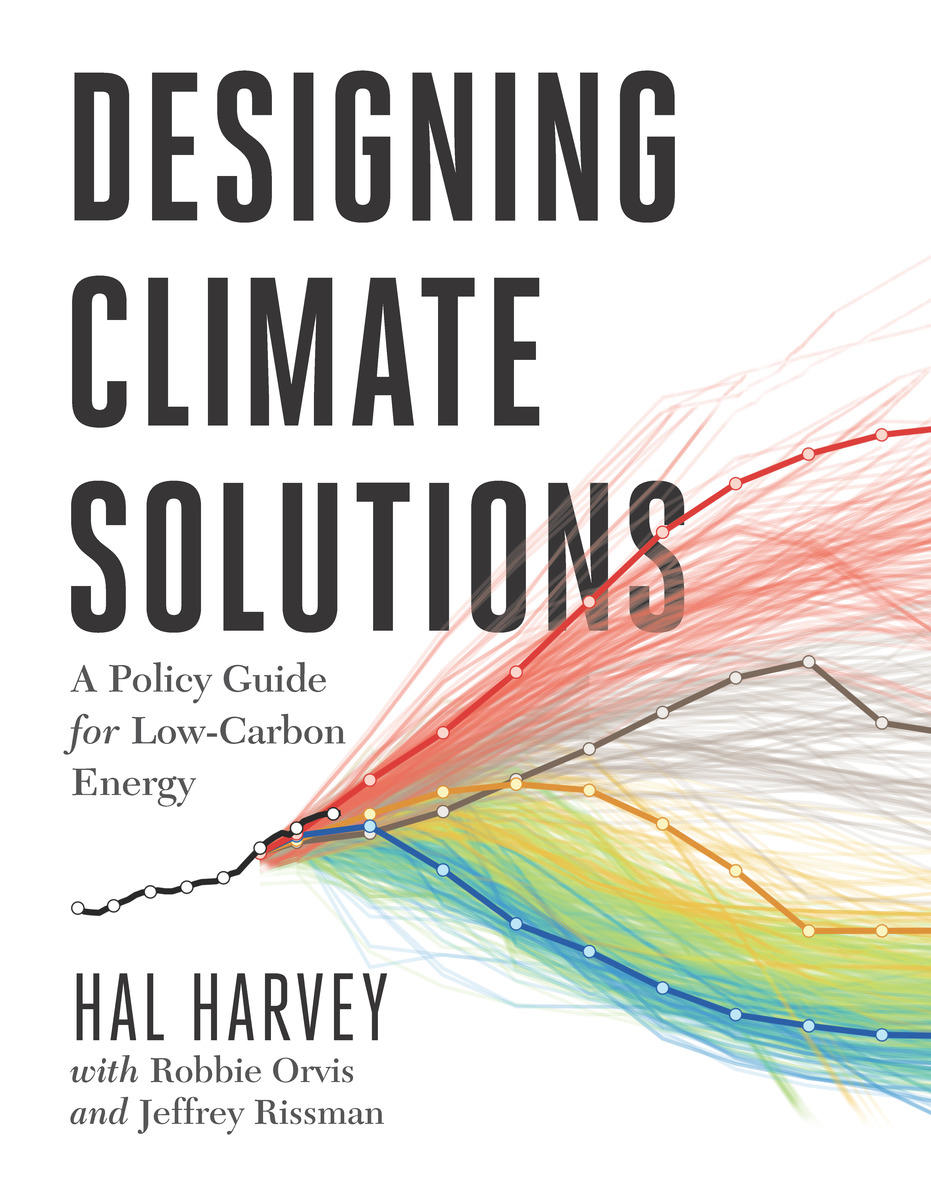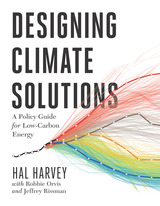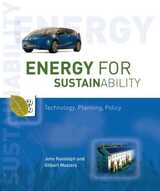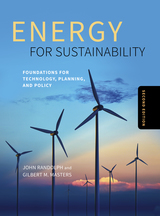Designing Climate Solutions: A Policy Guide for Low-Carbon Energy
Island Press, 2018
Paper: 978-1-61091-956-2 | eISBN: 978-1-61091-957-9
Library of Congress Classification TJ807.9.H37 2018
Dewey Decimal Classification 363.738745610973
Paper: 978-1-61091-956-2 | eISBN: 978-1-61091-957-9
Library of Congress Classification TJ807.9.H37 2018
Dewey Decimal Classification 363.738745610973
ABOUT THIS BOOK | AUTHOR BIOGRAPHY | REVIEWS | TOC | REQUEST ACCESSIBLE FILE
ABOUT THIS BOOK
With the effects of climate change already upon us, the need to cut global greenhouse gas emissions is nothing less than urgent. It’s a daunting challenge, but the technologies and strategies to meet it exist today. A small set of energy policies, designed and implemented well, can put us on the path to a low carbon future. Energy systems are large and complex, so energy policy must be focused and cost-effective. One-size-fits-all approaches simply won’t get the job done. Policymakers need a clear, comprehensive resource that outlines the energy policies that will have the biggest impact on our climate future, and describes how to design these policies well.
Designing Climate Solutions: A Policy Guide for Low-Carbon Energy is the first such guide, bringing together the latest research and analysis around low carbon energy solutions. Written by Hal Harvey, CEO of the policy firm Energy Innovation, with Robbie Orvis and Jeffrey Rissman of Energy Innovation, Designing Climate Solutions is an accessible resource on lowering carbon emissions for policymakers, activists, philanthropists, and others in the climate and energy community. In Part I, the authors deliver a roadmap for understanding which countries, sectors, and sources produce the greatest amount of greenhouse gas emissions, and give readers the tools to select and design efficient policies for each of these sectors. In Part II, they break down each type of policy, from renewable portfolio standards to carbon pricing, offering key design principles and case studies where each policy has been implemented successfully.
We don’t need to wait for new technologies or strategies to create a low carbon future—and we can’t afford to. Designing Climate Solutions gives professionals the tools they need to select, design, and implement the policies that can put us on the path to a livable climate future.
Designing Climate Solutions: A Policy Guide for Low-Carbon Energy is the first such guide, bringing together the latest research and analysis around low carbon energy solutions. Written by Hal Harvey, CEO of the policy firm Energy Innovation, with Robbie Orvis and Jeffrey Rissman of Energy Innovation, Designing Climate Solutions is an accessible resource on lowering carbon emissions for policymakers, activists, philanthropists, and others in the climate and energy community. In Part I, the authors deliver a roadmap for understanding which countries, sectors, and sources produce the greatest amount of greenhouse gas emissions, and give readers the tools to select and design efficient policies for each of these sectors. In Part II, they break down each type of policy, from renewable portfolio standards to carbon pricing, offering key design principles and case studies where each policy has been implemented successfully.
We don’t need to wait for new technologies or strategies to create a low carbon future—and we can’t afford to. Designing Climate Solutions gives professionals the tools they need to select, design, and implement the policies that can put us on the path to a livable climate future.
See other books on: Alternative & Renewable | Energy | Energy policy | Global Warming & Climate Change | Power Resources
See other titles from Island Press

























